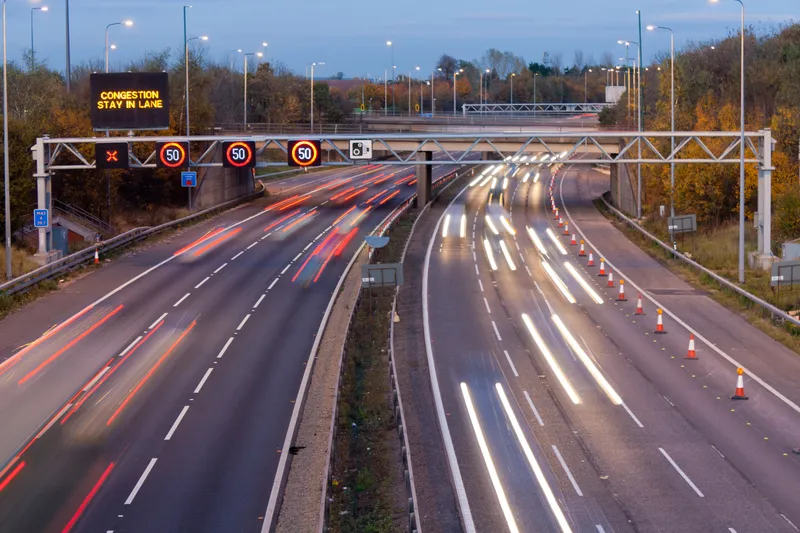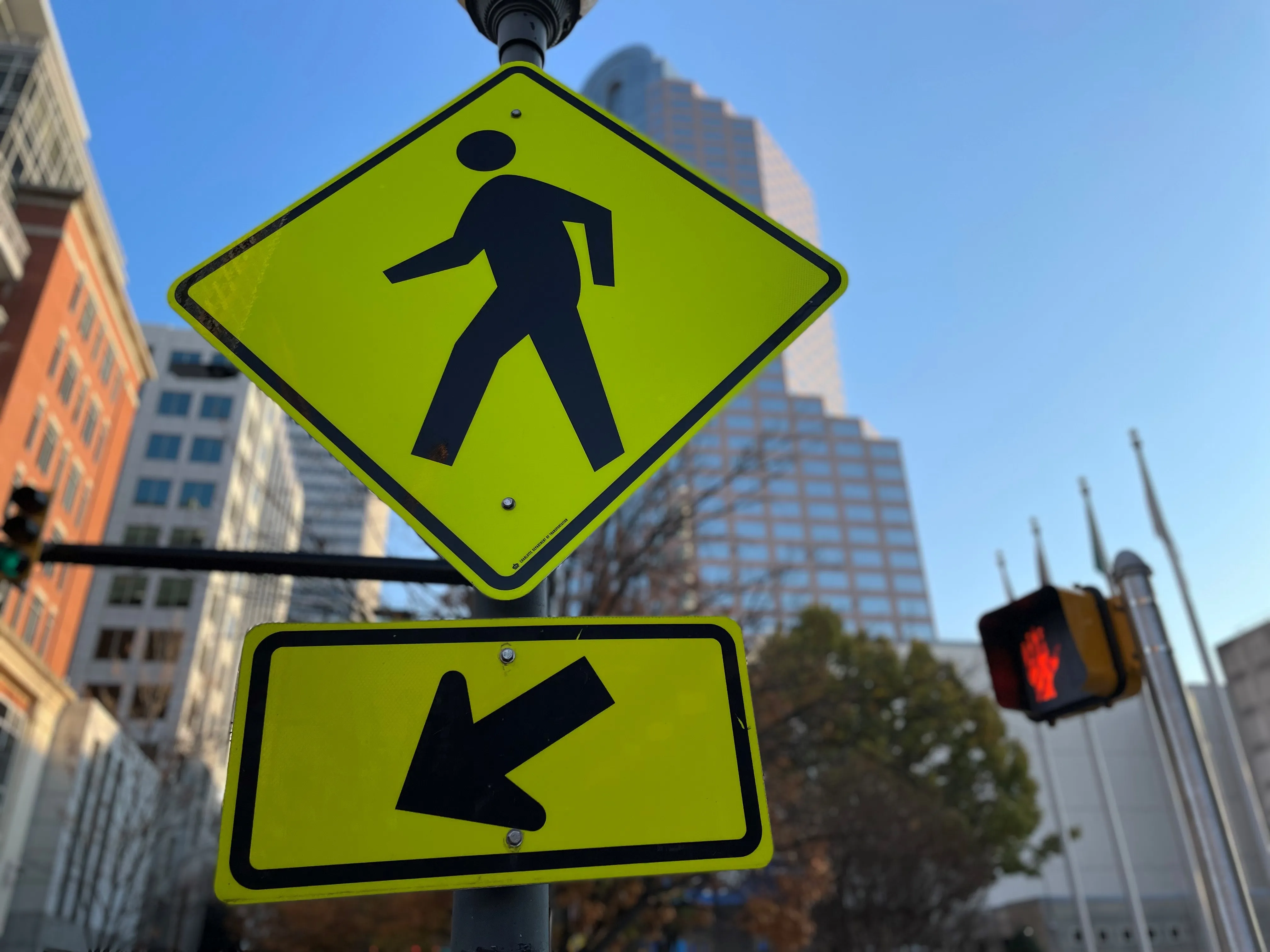
Mott MacDonald has been re-appointed by the UK’s Department for Transport (DfT) to serve as its "Futures and Foresight Support Advisor" - a key role in determining the future of UK transport.
It means infrastructure specialist Mott MacDonald will support the DfT in embedding ‘futures thinking’ into its strategic planning and decision-making processes, enabling the department to explore long-term trends, uncertainties and emerging challenges.
Futures thinking is at the heart of the shift towards vision-led transport planning, helping ensure that transport policies and investments are resilient and forward-looking, enabling a transport future that is sustainable, efficient and user-centric.
The work will draw on the Government Office for Science’s Futures Toolkit, a resource designed to help public sector organisations navigate complex and uncertain futures. Through their application, the DfT can better anticipate how societal, technological and environmental changes may influence transport needs and behaviours.
The appointment falls under the DfT’s STARThree framework (Specialist Technical and Commercial Advice for Rail and other transport systems).
Since first being appointed in 2019, Mott MacDonald has contributed to a wide range of strategic initiatives across all transport modes including rail, road, aviation and maritime. Notable contributions include input into the recently published Transport Artificial Intelligence Action Plan and the Transport Decarbonisation Plan.
Mott MacDonald will be supported by a consortium of expert partners including City Science, Connected Economics, Reed Mobility, the School of International Futures, Systra and the University of the West of England.
Annette Smith, Mott MacDonald’s project director for DfT Futures, said: “Being re-appointed as the Department for Transport’s Futures and Foresight Advisors for the fourth time is testament to the strength of our partnership and the role futures thinking plays in strategic policy making."
"It has been instrumental in helping the DfT develop forward-looking policies that are shaping the future of transport, and we are excited to continue this journey with them.”









